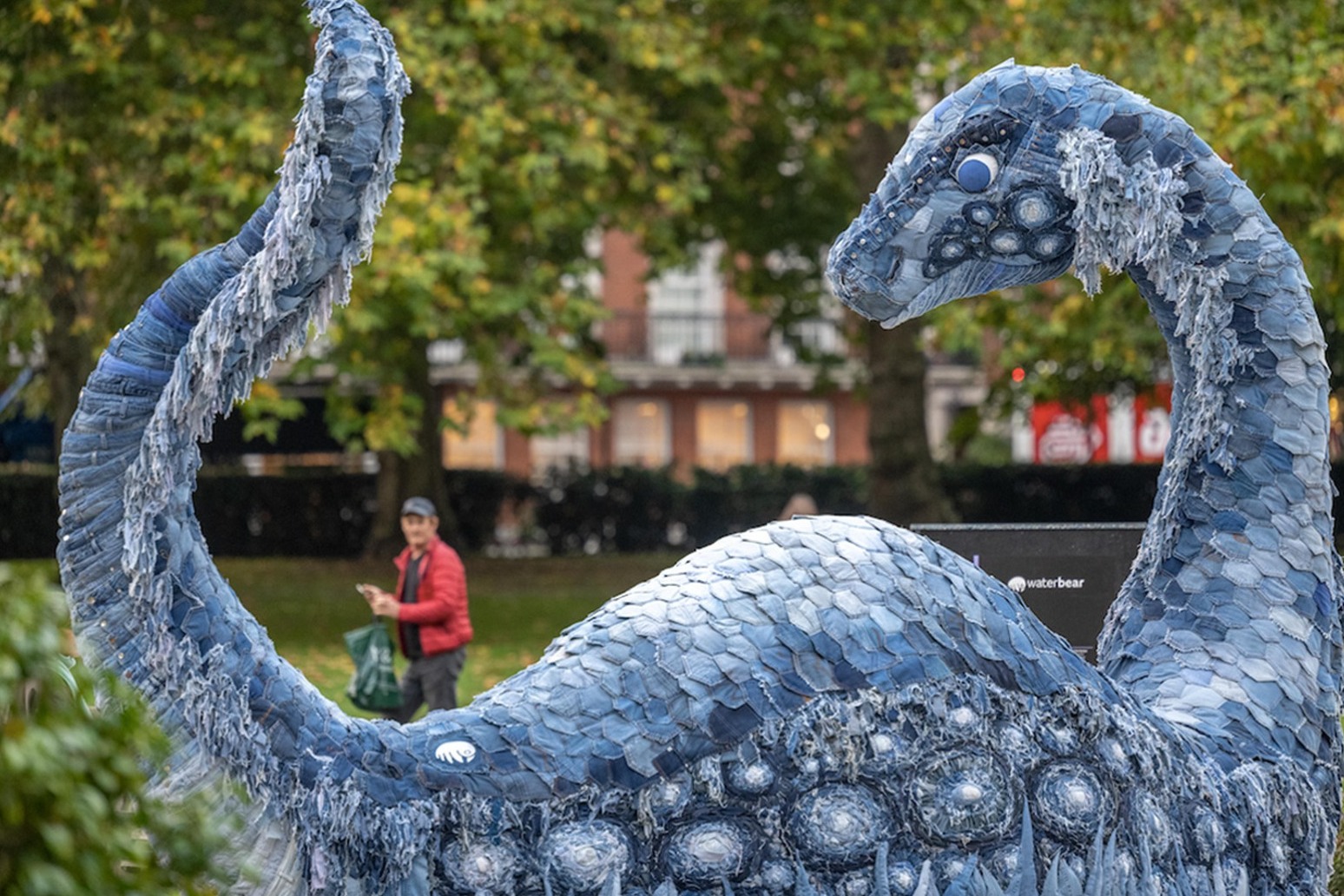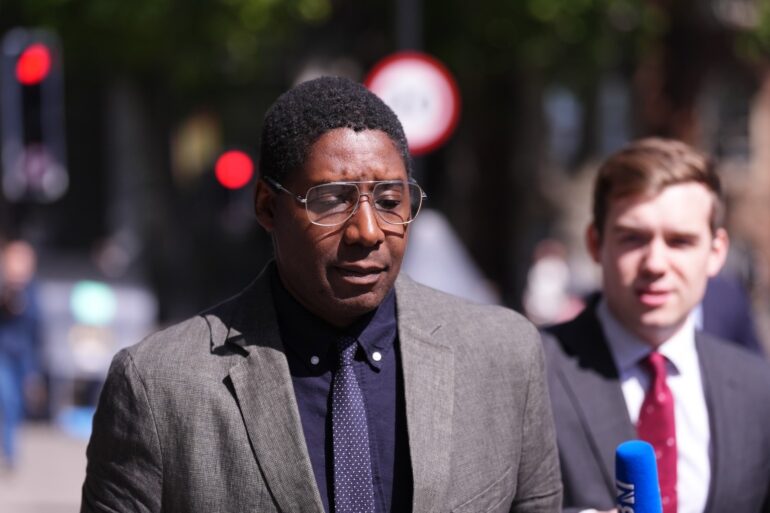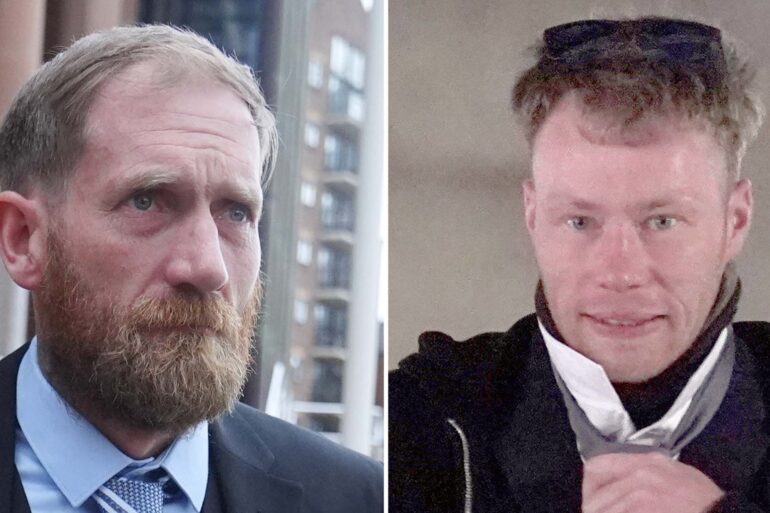-
 play_arrow
play_arrow
Kl 1 Radio Local radio for west Norfolk
-
 play_arrow
play_arrow
KL DISCO KL Disco Playing Disco Music from the 70's onwards.24/7
-
 play_arrow
play_arrow
KL COUNTRY KL COUNTRY Playing New and Classic Country Music 24/7
-
 play_arrow
play_arrow
KL ROX KL ROX The best of New and Classic Rock.24/7
-
 play_arrow
play_arrow
KL SUMMER Summer Vibes 24/7 from KL1 Radio across West Norfolk
-
 play_arrow
play_arrow
KL CLASSICAL Your Symphony Starts Here
-
 play_arrow
play_arrow
KL CHILL Just Chill!
-
 play_arrow
play_arrow
KL POP The Best POP Hits all day Long!
-
 play_arrow
play_arrow
KL XTRA KL XTRA
music_note

Countries have agreed on a deal to inject at least 300 billion dollars a year into the fight against climate change, aimed at helping poor nations cope with the ravages of global warming at United Nations climate talks.
Countries have agreed on a deal to inject at least 300 billion dollars a year into the fight against climate change, aimed at helping poor nations cope with the ravages of global warming at United Nations climate talks.
The money will go to developing countries who need to wean themselves off the coal, oil and gas that causes the globe to overheat, help them to adapt to future warming and pay for the damage caused by climate change’s extreme weather.
It is not near the full amount of 1.3 trillion dollars that developing countries were asking for, but it is three times the 100 billion dollar a year deal from 2009 that is expiring.
Delegations said this deal is headed in the right direction, with hopes that more money flows in the future.
“Everybody is committed to having an agreement,” Fiji delegation chief Biman Prasad said as the deal was being finalised. “They are not necessarily happy about everything but the bottom line is everybody wants a good agreement.”
It is also a critical step towards helping countries on the receiving end create more ambitious targets to limit or cut emissions of heat-trapping gases that are due early next year.
It is part of the plan to keep cutting pollution with new targets every five years, which the world agreed to at the UN talks in Paris in 2015.
The Paris agreement set the system of ratcheting up climate-fighting ambition as a way to keep warming under 1.5C above pre-industrial levels. The world is already at 1.3C and carbon emissions keep rising.
Countries also anticipate that this deal will send signals that help drive funding from other sources, like multilateral development banks and private sources.
That was always part of the discussion at these talks — rich countries did not think it was realistic to only rely on public funding sources — but poor countries worried that if the money came in loans instead of grants, it would send them sliding further backward into debt that they already struggle with.
“The 300 billion dollar goal is not enough, but is an important down payment toward a safer, more equitable future,” said World Resources Institute president Ani Dasgupta. “This deal gets us off the starting block. Now the race is on to raise much more climate finance from a range of public and private sources, putting the whole financial system to work behind developing countries’ transitions.”
It is more than the $250 billion that was on the table in the first draft of the text, which outraged many countries and led to a period of frustration and stalling over the final hours of the summit.
After an initial proposal of 250 billion a year was soundly rejected, the Azerbaijan presidency brewed up a new rough draft of 300 billion, that was never formally presented, but also dismissed roundly by African nations and small island states, according to messages relayed from inside.
The several different texts adopted early on Sunday morning included a vague but not specific reference to last year’s Global Stocktake approved in Dubai.
Last year there was a battle about first-of-its-kind language on getting rid of the oil, coal and natural gas, but instead it called for a transition away from fossil fuels. The latest talks only referred to the Dubai deal but did not explicitly repeat the call for a transition away from fossil fuels.
Countries also agreed on the adoption of Article 6, creating markets to trade carbon pollution rights, an idea that was set up as part of the 2015 Paris Agreement to help nations work together to reduce climate-causing pollution.
Part of that was a system of carbon credits, allowing nations to put planet-warming gasses in the air if they offset emissions elsewhere. Backers said a UN-backed market could generate up to an additional 250 billion a year in climate financial aid.
Despite its approval, carbon markets remain a contentious plan because many experts say the new rules adopted do not prevent misuse, do not work and give big polluters an excuse to continue spewing emissions.
“What they’ve done essentially is undermine the mandate to try to reach 1.5,” said Tamara Gilbertson, climate justice programme coordinator with the Indigenous Environmental Network. Greenpeace’s An Lambrechts called it a “climate scam” with many loopholes.
With this deal wrapped up as crews dismantle the temporary venue, many have eyes on next year’s climate talks in Belem, Brazil.
Published: by Radio NewsHub

Similar posts
Upcoming shows

Richard Tree – Friday Folk
8:00 pm - 9:00 pm

Dave Setchfield – Nite KL1ub Part 1
9:00 pm - 10:00 pm

DJ L.iam – Nite KL1ub Part 2
10:00 pm - 11:00 pm

StressBusters
11:00 pm - 12:00 am

Night Trax
1:00 am - 6:00 am
-

Hard work pays off as new partner is appointed at law firm

Hospital CEO honoured for 38 years of ‘exceptional’ NHS service

Street party in honour of those who gave so much

More than 800 people pack town square for VE Day celebrations

Bargain Hunt expert admits failing to report art sales to Hezbollah financier
Message Us
Copyright The Mediasite UK - 2025



